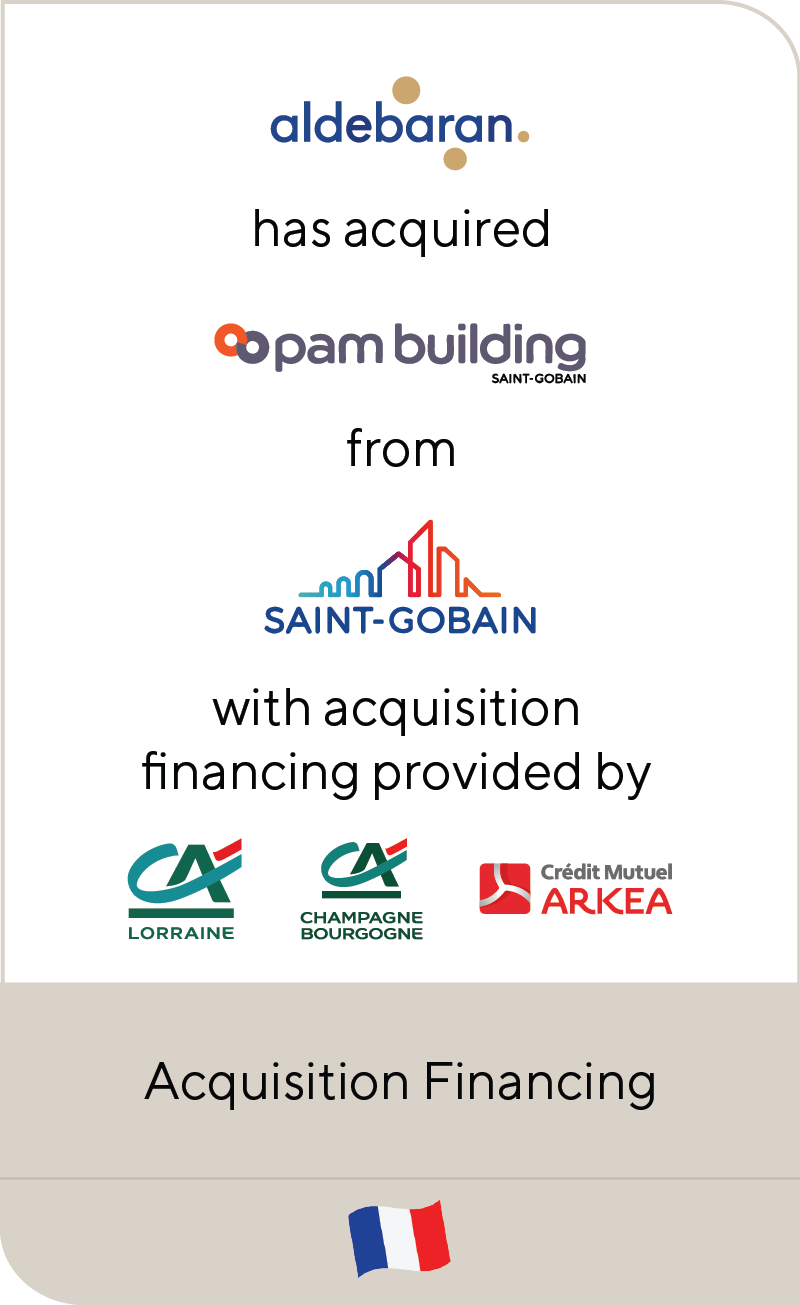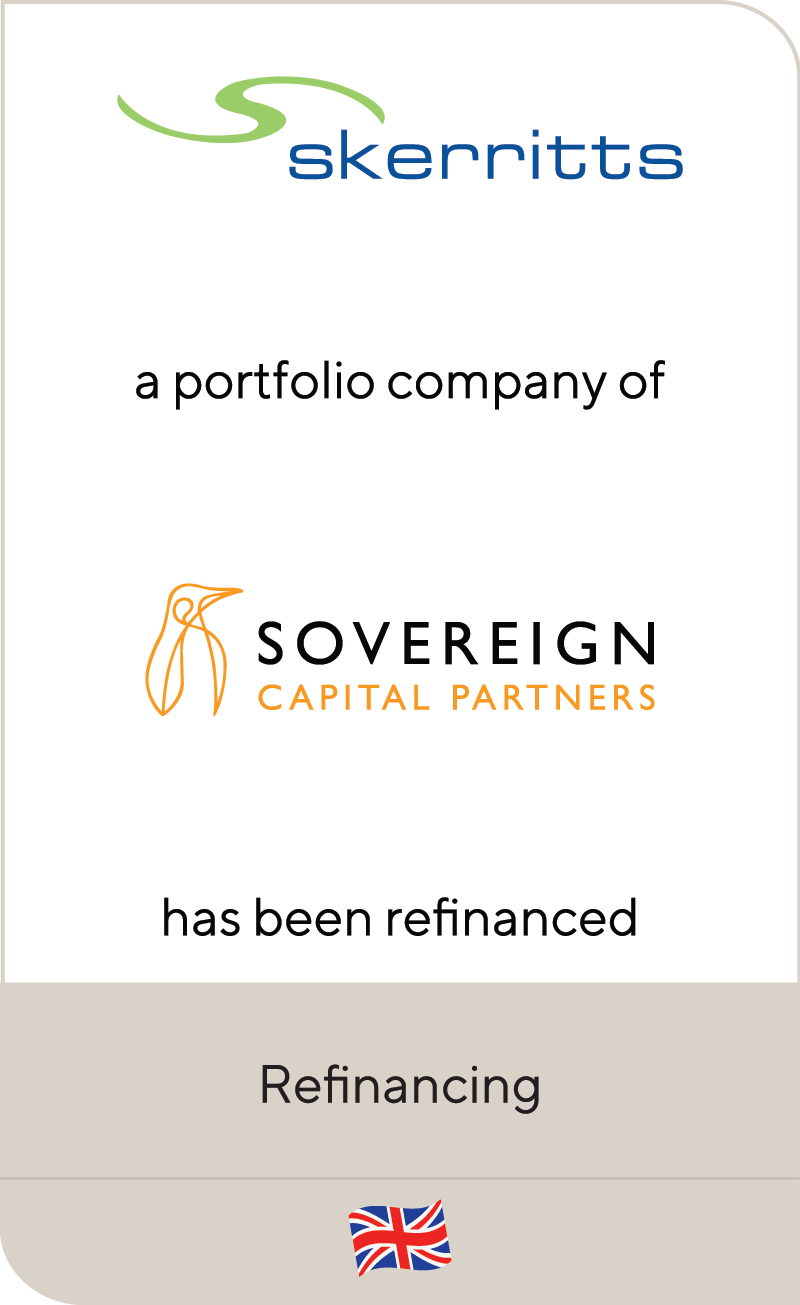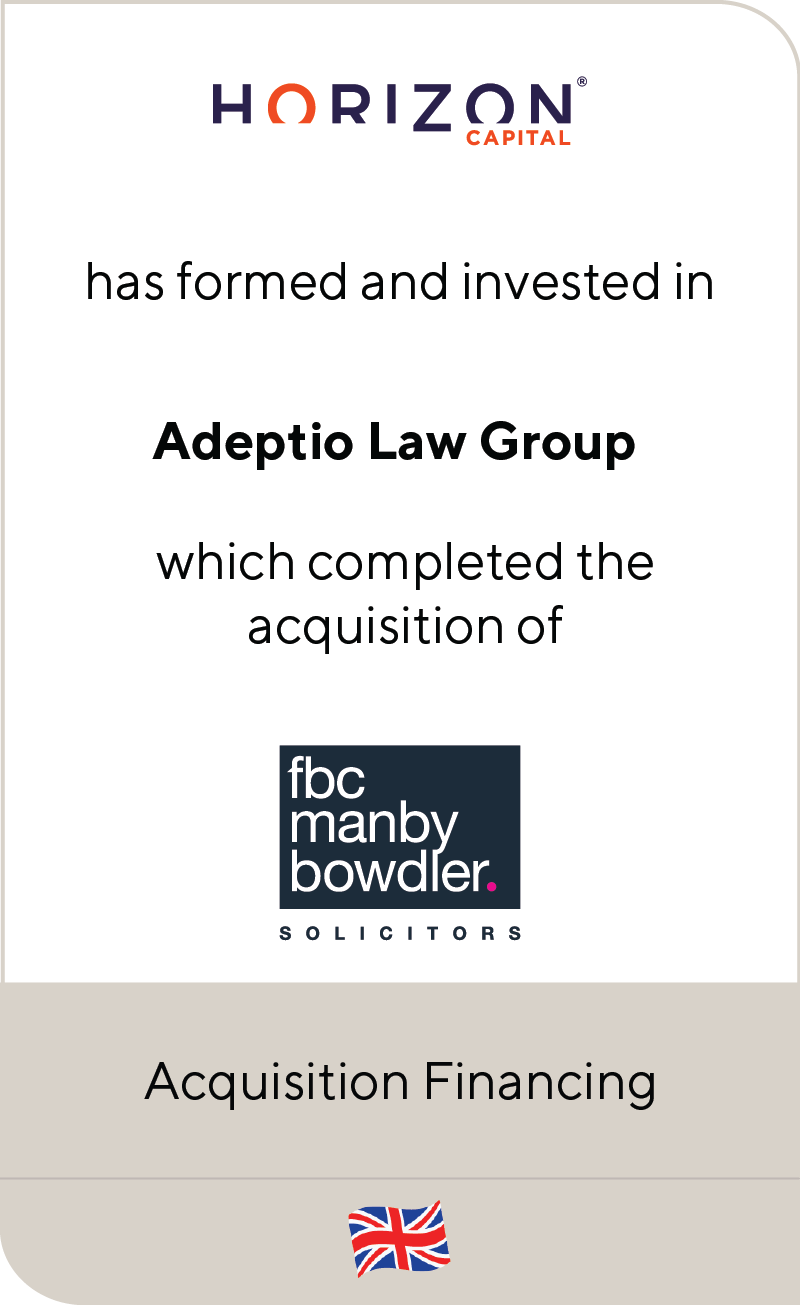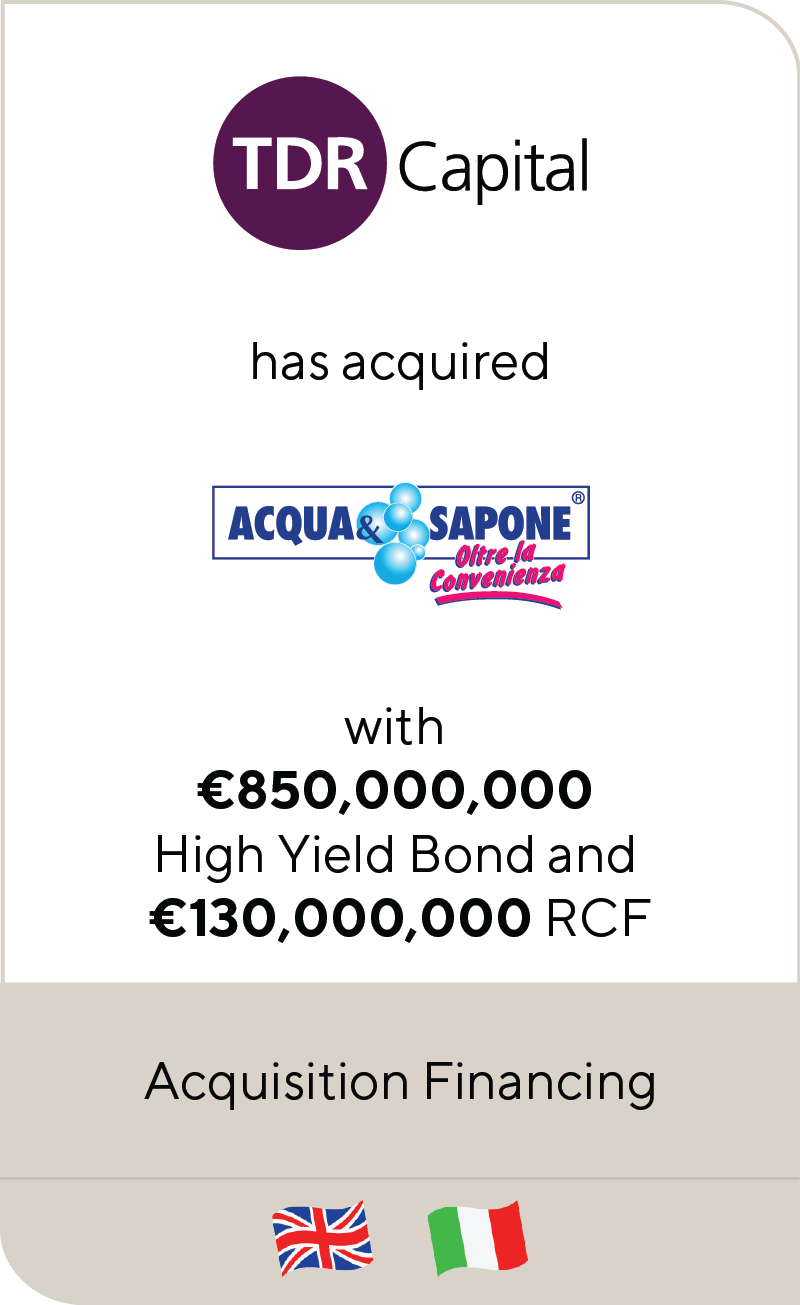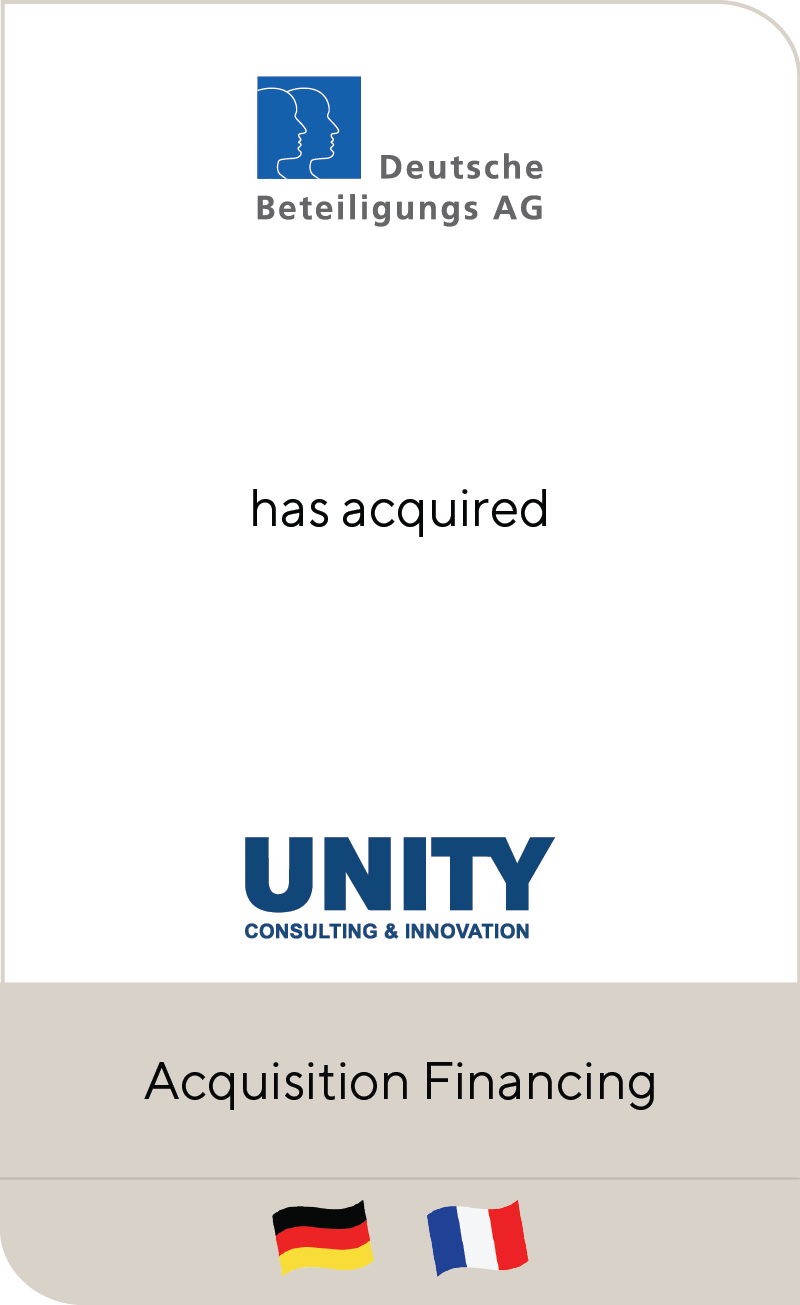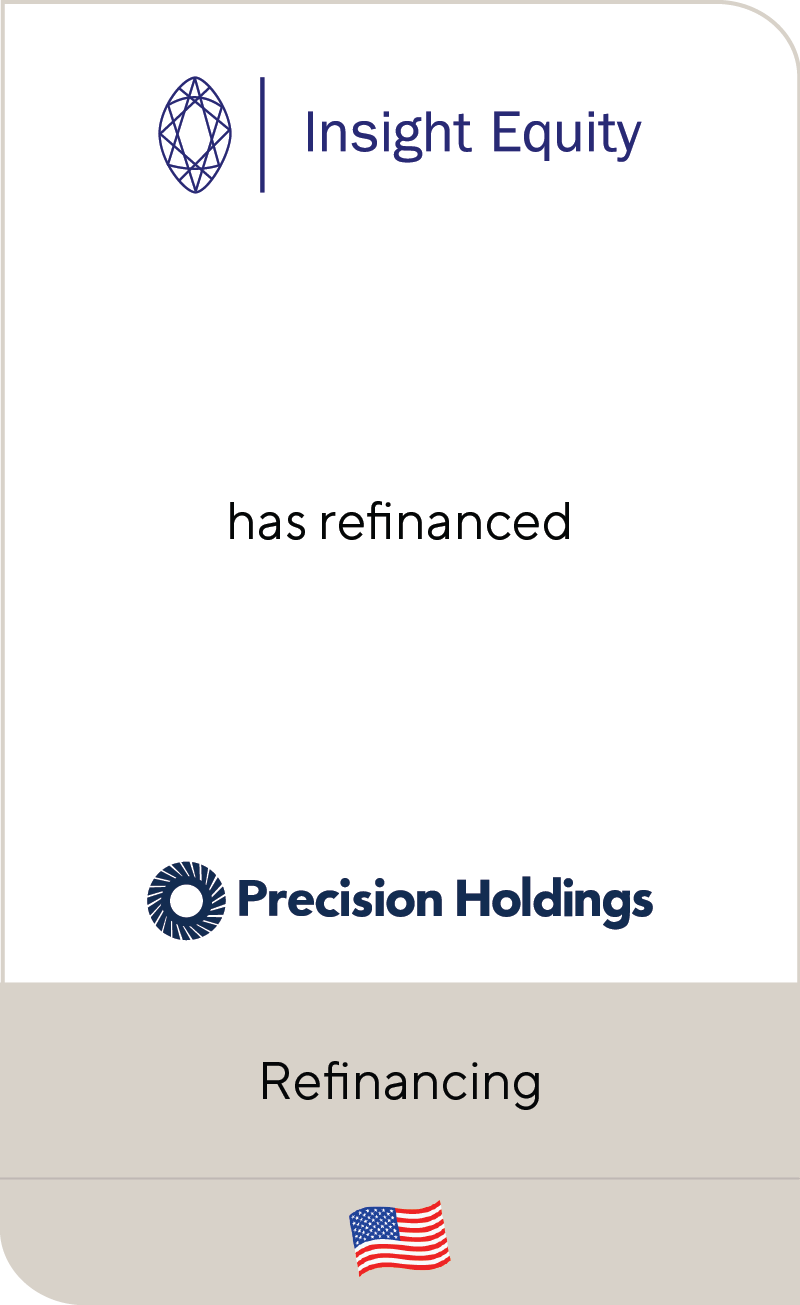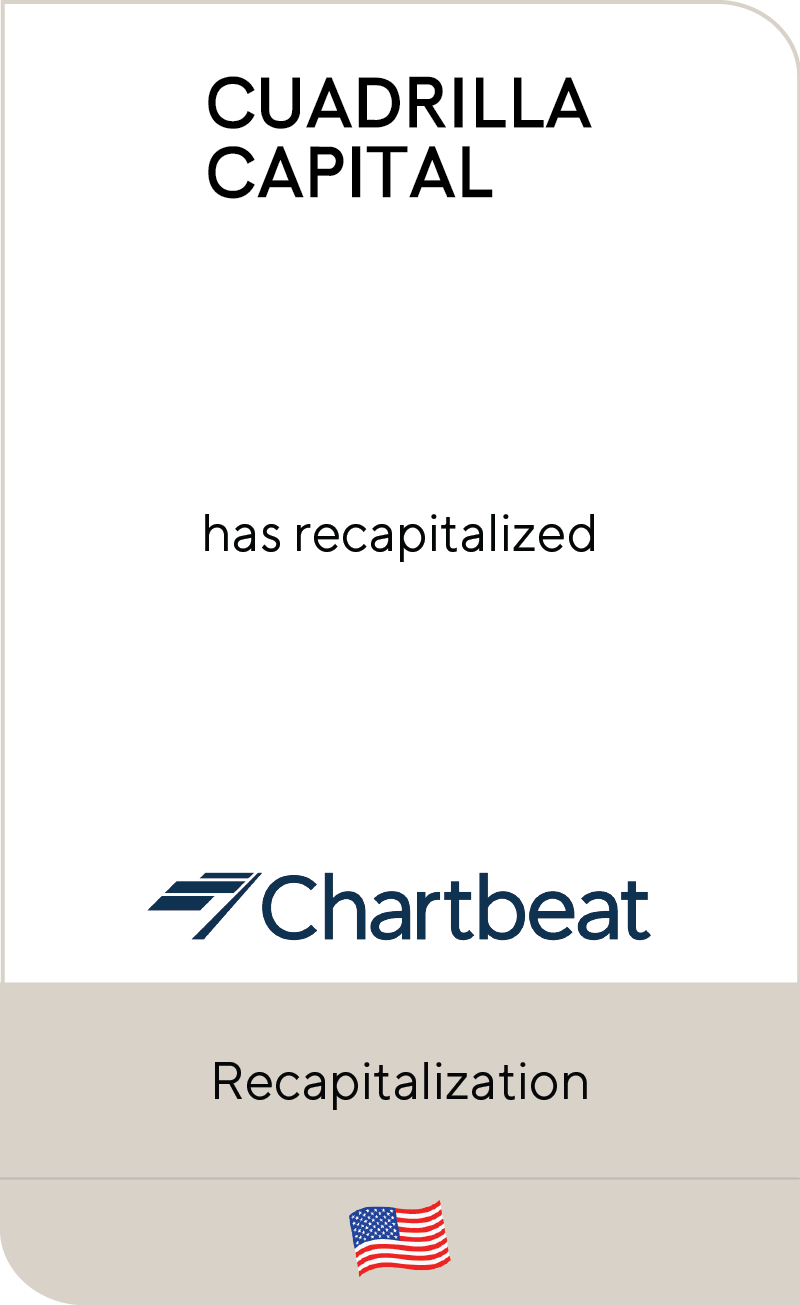Dividend Recapitalizations: Hit the Market Before M&A Activity Rebounds
Mar 2024
Private debt funds have increased their dry power to $506.2 billion and acquisition-related private debt volume has reached all-time lows. As a result, private debt investors have become more aggressive and competitive, with spreads in January 2024 returning to around 2021 levels. This combination of better terms and lack of platform acquisition activity has created an opportunity to access the market for longer-term refinancings and dividend recapitalizations as lenders are eager to—and, in some cases, must—deploy capital.
Historically, many sponsors have been reluctant to execute such transactions as it may be viewed as putting the interests of the private equity (PE) investor ahead of the company and its key stakeholders.
Equity holders should consider taking advantage of market conditions for opportunistic transactions now before mergers and acquisitions (M&A) activity improves and lenders return more attention to new platform transactions.
Summary
-
Lincoln’s Capital Advisory Group is uniquely positioned to arrange dividend recap transactions.
- Click here to download a printable version of this perspective.
- Sign up to receive Lincoln's perspectives
Use Cases for Dividend Recaps
| Distributions to LPs
Valuations have struggled in the current environment and multiples on invested capital (MOICs) have not yielded what most PE firms underwrote in their investment case. As a result, hold periods for portfolio companies have increased as investment professionals look to make up underperformance by waiting for valuations to improve. At the same time, limited partners (LPs) are growing increasingly impatient with general partners (GPs) because they have come to rely on the annual distributions made by these funds. Dividend recaps have been a useful tool for PE firms to assist with providing their LPs with distributions while at the same time helping themselves hold onto assets for longer to achieve a better outcome upon exit. |
| Risk Mitigation Strategy
In the sales and trading world, traders often will take large positions in a security. Over time, if they have had an outsized paper gain, they are asked to take profits by their in-house risk manager. In the PE realm, most firms do not have a risk manager, forcing investment professionals to take profits given the illiquid nature of these investments. Dividend recaps can be viewed as a risk mitigation strategy in the same context as a trader winding down a position and taking profits. The dividend recap effectively puts in a floor to the achievable MOIC / internal rate of return (IRR) of a transaction and helps ensure that the PE investor’s downside is mitigated whether a sale occurs on a predetermined timeline or not. |
| Preparation for an Eventual Sale of the Company
A dividend recap process can also serve as a potential “dry-run” for management teams for an eventual M&A sale process. Typically, management teams at a sponsor-owned portfolio company need to prepare how they answer questions posed by institutional investors, develop a stock set of slides for a confidential information presentation and construct a financial model for an investment process. A dividend recap process will aid in bringing management up the learning curve on all these tasks so they are prepared when they eventually sell the company. |
| Right Sizing the Capital Structure
Many PE firms in recent years have bought businesses with only equity to preempt a process or have maximum flexibility when making changes at the portfolio company. Furthermore, as the COVID-19 pandemic hit and the eventual Fed hiking cycle began, many PE owners avoided incurring any debt given the uncertainty in the economy. Fast forward to today, the threat of the pandemic has subsided, and the Fed is likely transitioning to a rate-easing cycle. Given these changes, it may be an opportune time for many of the portfolio companies to “right size” the capital structure by swapping out some of their equity for debt. A dividend recap can support the transition to an appropriate capital structure that would have been in place had these one-time events not occurred. |
Capital Structure Trends: Preferred Equity and Loan Portability
While dividend recaps had traditionally been executed in the market with the use of debt, many companies have opted not to re-open the refinancing or recap discussion with their existing lender. This is largely because many borrowers had locked in rates in 2020 or 2021 when they were at an all-time low. Entering a refinancing of that existing facility could cause the existing or new lender to offer pricing far above where it is priced today. To circumvent this repricing challenge, many companies have started to issue preferred equity instruments that are below the senior debt in the capital structure to fund a distribution to shareholders. These securities in many ways appear like debt, but they are classified as equity under the generally accepted accounting principles. Preferred equity securities (also known as structured equity) tend to be fully payment-in-kind (PIK) in nature and typically have no financial covenants.
As private credit lenders get increasingly competitive about deploying capital, many are signing up to carveouts in the change of control provision to compete with other market participants. The portability features are particularly useful in refinancing and dividend recap transactions completed in advance of an M&A sale process. Portability features enable a sale to occur without repayment of the target’s existing credit facility and payment of call premiums associated with the loan. For the portability features in these agreements to be utilized, oftentimes the company will need to meet a leverage test, a proforma equity capitalization test and an acceptable financial sponsor criteria test, and the transaction must be completed within a set period of time.
Dividend Recap Expectations in 2024
There were a total of 23 dividend recap transactions in 2023. As of February 29, 2024, there were a total of 7 private credit dividend recap transactions. Based on the current market environment, Lincoln International expects the number of dividend recaps to increase in 2024.
Recapping with ExpertiseLincoln’s Capital Advisory Group is uniquely positioned to arrange dividend recaps. While senior debt has been the primary capital source to affect these transactions, it can also be executed via structured capital and / or secondary trades with the use of minority In addition to dividend recaps, refinancings have become quite prevalent as private credit investors are eager to deploy capital and several lenders that have gone through a cycle are looking for an exit. Lincoln’s capital advisory professionals are well-positioned to design and implement financing alternatives based on your objectives. |
Use of Solvency Opinions to Mitigate Risks Inherent in Any Dividend TransactionCorporate boards that obtain a solvency opinion from a qualified investment bank, such as Lincoln International:
|
Contributors

I enhance my clients’ decision making and governance processes by providing independent and objective financial advice in a highly responsive manner.
Chris Gregory
Managing Director & Co-head of Transaction Opinions
New YorkMeet Professionals with Complementary Expertise

By linking my experience in debt advisory and mergers and acquisitions, I look forward to delivering flexible and innovative financing solutions to make an impact that matters with long-term target clients, as Lincoln does best.
Daniele Candiani
Managing Director & Co-head of Capital Advisory, Europe
Milan
I find immense fulfillment in enabling clients to achieve their objectives and navigate the complexities of today's ever-changing landscape.
Chris Croft
Managing Director & Co-head of Transaction Opinions
New York
I build trust with clients by putting their interests first at all times.
Aude Doyen
Managing Director & Co-head of Capital Advisory, Europe
London
I enjoy sharing insights about market and valuation trends with my clients, while also leading a differentiated and high-touch process.
Brian Garfield
Managing Director & Head of U.S. Portfolio Valuations
New York
I enhance my clients’ decision making and governance processes by providing independent and objective financial advice in a highly responsive manner.
Chris Gregory
Managing Director & Co-head of Transaction Opinions
New York








